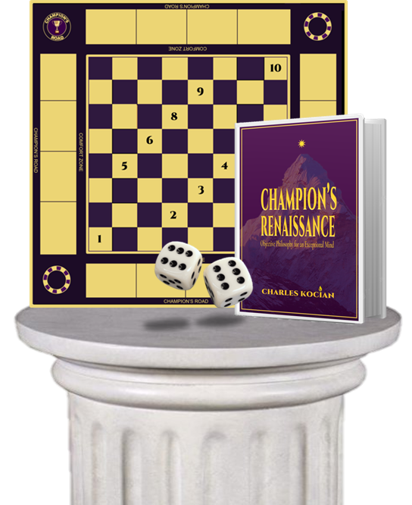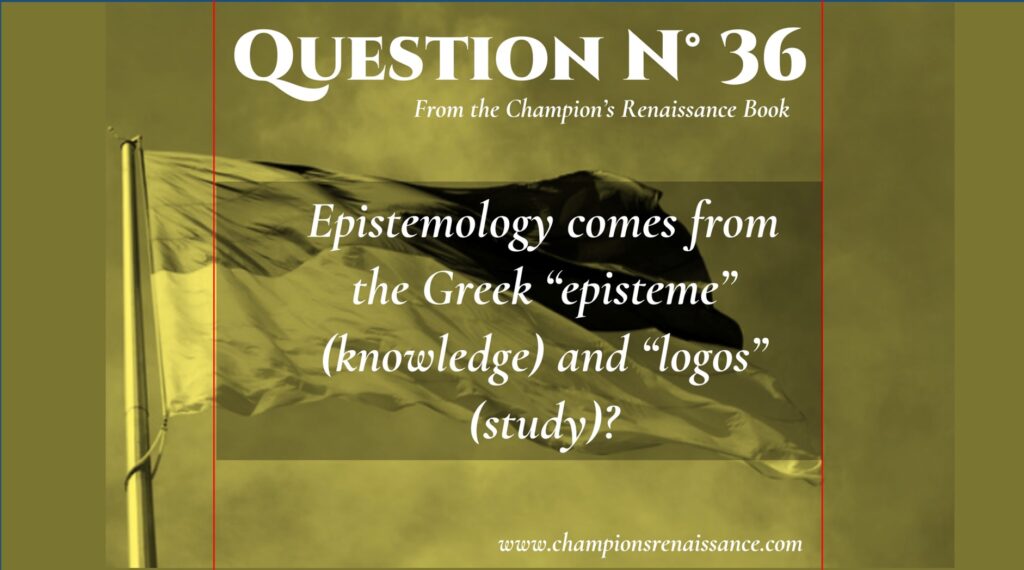
(Answer at the end).
FAKE NEWS
By Charles Kocian
Boris Johnson lied about Putin to kill him in three minutes, Kremlin said; U.S. will not send to Ukraine F-16 jets, Biden said, for now; in Scotland, a transgender killer identifies as a baby, in order to get better treatment in a woman’s prison; the IMF expects 0.3% growth for Russia in 2023, having previously predicted a contraction. Are these fake news, truths or pure craziness?
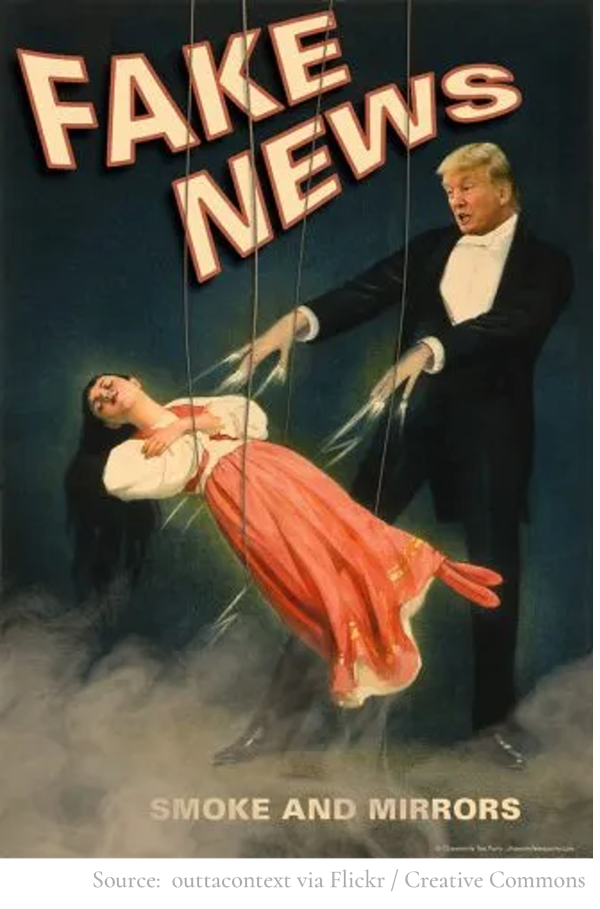
If there are many kinds of wars going on, and in war the first victim is truth, how to differentiate fake news from truth, especially in a hyper informed society? Believing in authorities? Which one? The majority? Government? Academia? Church?
But here is a clue: following is not the same as knowing, as the Asch’s experiment demonstrated.
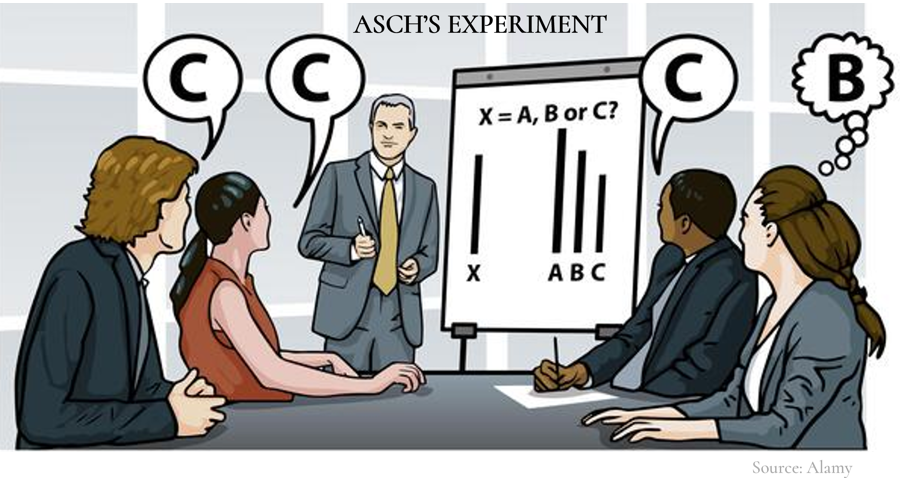
Solomon Asch studied how individuals are influenced by groups. His experiment consisted in 8 participants, all actors, who knew it was an experiment. As Wikipedia explains: “Each student viewed a card with a line on it, followed by another with three lines labelled A, B, and C. One of these lines was the same as that on the first card, and the other two lines were clearly longer or shorter. Each participant was then asked to say aloud which line matched the length of that on the first card. Before the experiment, all actors were given detailed instructions on how they should respond. The group was seated such that the real participant always responded last.”
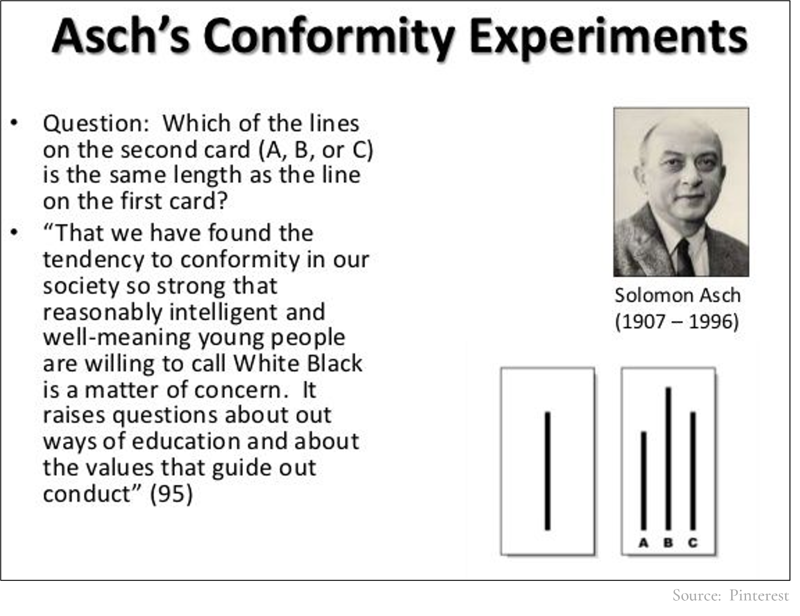
The result of the experiment is explained by Wikipedia:
“… all critical trials in the experimental group revealed that one-third of all responses were incorrect. These incorrect responses often matched the incorrect response of the majority group (i.e., actors). Overall, 75% of participants gave at least one incorrect answer out of the 12 critical trials. In his opinion regarding the study results, Asch put it this way: “That intelligent, well-meaning, young people are willing to call “white” “black” is a matter of concern.”
The best way to understand this experiment, fundamental to understand epistemology, that is the science that studies how man knows, is to watch it in YouTube. What did they say about it in the Renaissance?
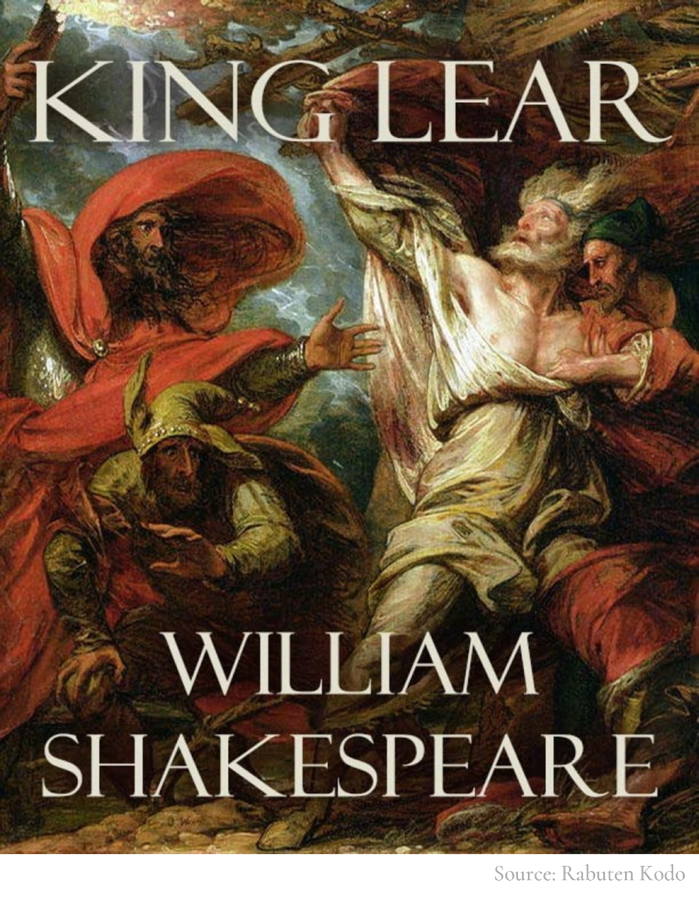
In the dialogue that opens Shakespeare’s King Lear, Gloucester and Kent are discussing about Edmund, who is Gloucester’s bastard son. The dialogue is about “conceiving” (or “concetto” in Italian). They make an analogy between physical procreation and mental propagation. In the Renaissance, the “concetto” was considered like a mental embryo, an independent idea, an autonomous alive entity that, after being “conceived” by sense perceptions, was lodge in the brain and heart, and finally, when the embryo reached its maturity, it was released into the world as a work of art.
This was a kind of Renaissance’s epistemology. What did Aristotle say about it in ancient Greece?
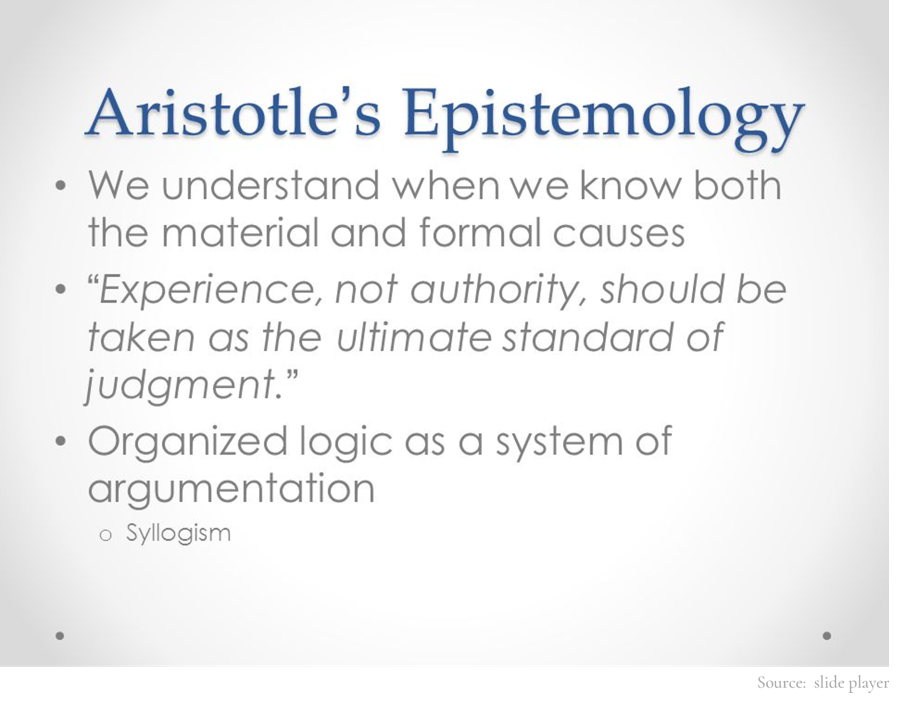
Aristotle observed that there was no evidence of a supernatural world, so he concluded that man’s ideas derived from its perceptions of the material world. On the contrary, Plato says that ideas existed by their own, in a supernatural world before creating the material world. Aristotle disagreed with Plato.
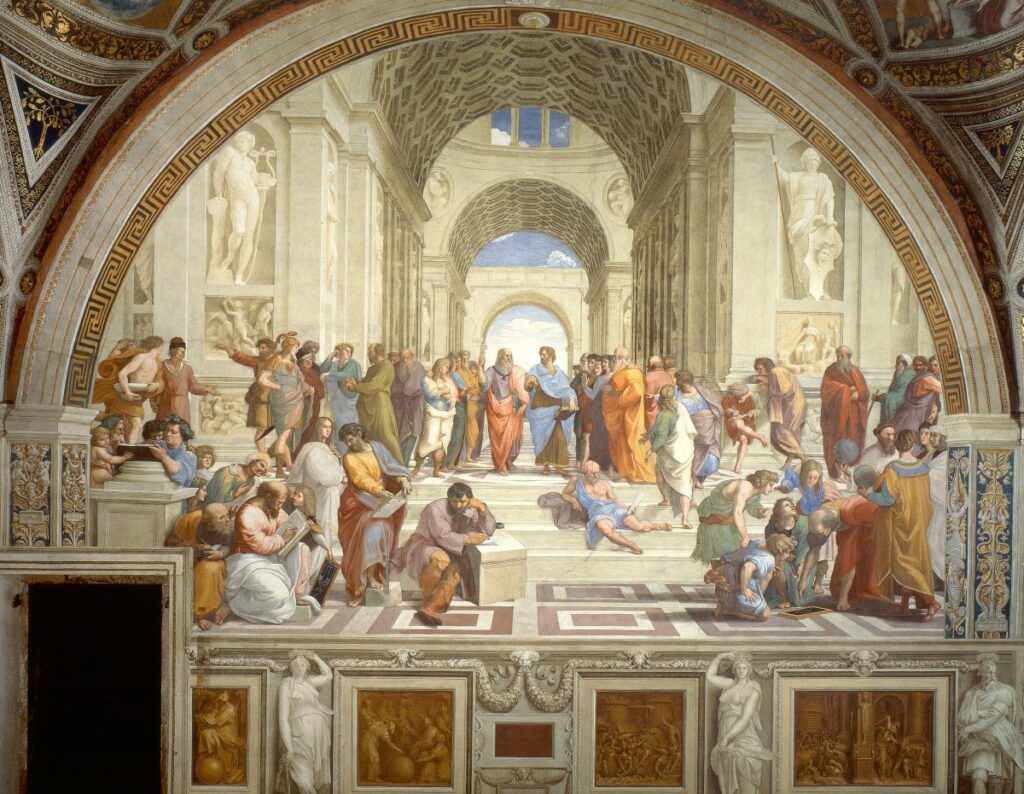
School of Athens, with Plato and Aristotle at the centre.
As the reader can guess, these two different kinds of metaphysics derived in two very different epistemologies types. Plato’s epistemology, derives from imagined assumptions; Aristotle’s epistemology, from objective facts. By the way, Ayn Rand made an historic discovery in epistemology in her book Introduction to Objectivist Epistemology.
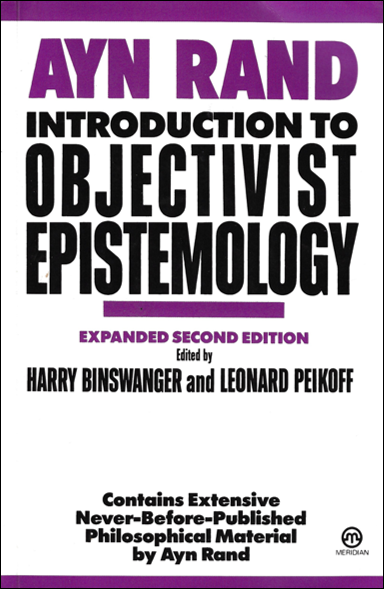
The term “epistemology” comes from “episteme” and “logos”. “Episteme” means “knowledge” and “logos” means “reason”. So, it can be said that epistemology is to know how man knows. All philosophers have thought about it, but instead to make it simple, many did the opposite. The good thing about Aristotle and Ayn Rand is that, although are exceptional minds, they keep things simple.
CONCLUSION
The conclusion is that, the shorter, the better; less, is more; when it comes to knowledge, simplicity, is king. So, an exceptional mind thinks with higher concepts, but express itself in simple words and trust itself, because, it knows how it learns. As Bob Dylan said: “You don’t need a weatherman to know from which way the wind blows.”
Now answer to question 36.
QUESTION N° 36
Epistemology comes from the Greek “episteme” (knowledge) and “logos” (study).
a) True
b) False
The answer is: True.
Leave your comments here.
